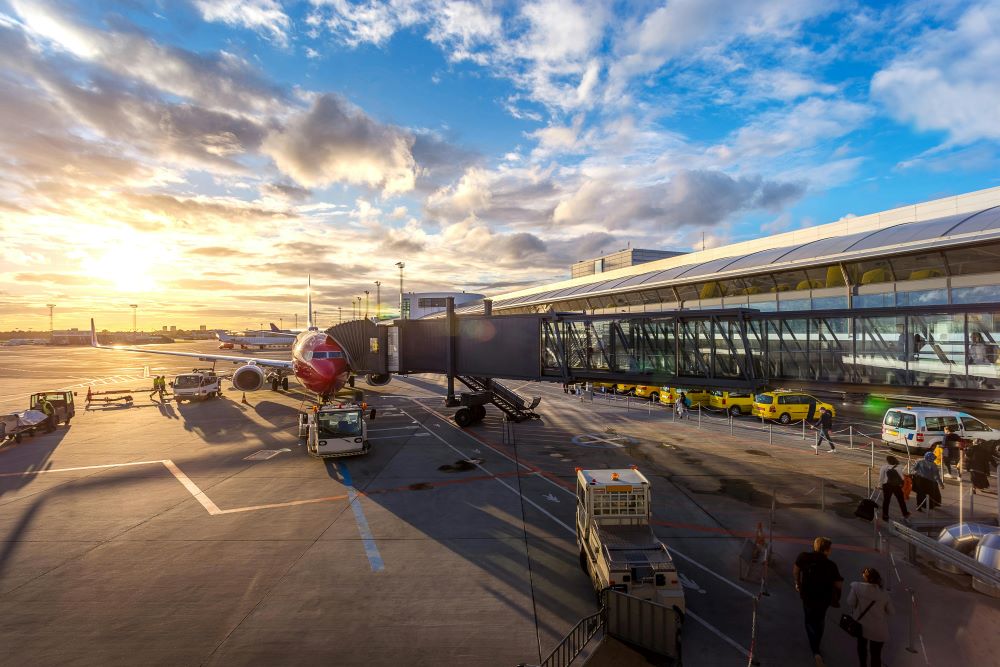Traveling is an exciting adventure, but the planning process can often be overwhelming and stressful. In this guide, we’ll explore practical tips and strategies to simplify your travel planning and ensure a stress-free experience from start to finish.
1. Set Clear Goals
Before you begin planning your trip, take some time to establish clear goals and priorities. Determine what you hope to achieve or experience during your travels, whether it’s relaxation, adventure, cultural immersion, or something else entirely. Having a clear vision will help guide your planning process and ensure that you make decisions that align with your objectives.
2. Create a Budget
Financial considerations are a significant aspect of travel planning, so it’s essential to establish a realistic budget early on. Determine how much you’re willing to spend on transportation, accommodation, food, activities, and other expenses. Be sure to factor in unexpected costs and leave room for flexibility.
3. Research Your Destination
Thorough research is key to a successful trip, so take the time to learn as much as you can about your chosen destination. Research local customs, traditions, and cultural norms to ensure that you’re respectful and considerate during your visit. Familiarize yourself with the local language, currency, transportation options, and safety considerations.
4. Choose the Right Accommodation
Choosing the right accommodation can significantly impact your travel experience, so consider your options carefully. Decide whether you prefer hotels, hostels, vacation rentals, or alternative accommodations such as guesthouses or homestays. Consider factors such as location, amenities, and reviews from previous guests.
5. Plan Your Itinerary
Creating a detailed itinerary will help you make the most of your time and ensure that you don’t miss out on any must-see attractions or experiences. Research and prioritize the activities and attractions you want to visit, taking into account factors such as opening hours, admission fees, and transportation logistics. Be sure to leave some free time for spontaneity and relaxation.
6. Pack Light
One of the most common sources of stress while traveling is overpacking, so aim to pack as lightly as possible. Choose versatile clothing items that can be mixed and matched, and pack only the essentials. Consider the climate and activities of your destination when selecting clothing and accessories.
7. Stay Organized
Staying organized throughout the planning process will help you stay on track and minimize stress. Keep all your travel documents, including passports, visas, and itinerary, in one easily accessible location. Consider using digital tools such as travel apps or spreadsheets to keep track of important information and deadlines.
8. Be Flexible
While it’s essential to have a plan, it’s also important to be flexible and adaptable during your travels. Unexpected delays, changes, and challenges are inevitable, so try to approach them with patience and a positive attitude. Embrace the opportunity to go with the flow and enjoy the journey, no matter where it takes you.
9. Practice Self-Care
Traveling can be physically and emotionally demanding, so be sure to prioritize self-care during your trip. Get plenty of rest, stay hydrated, and nourish your body with healthy food. Take breaks when needed and engage in activities that help you relax and recharge.
10. Enjoy the Experience
Above all, remember to enjoy the experience and savor the moments spent exploring new places and creating lasting memories. Be present in the moment, and appreciate the beauty and wonder of the world around you. Traveling is an opportunity for growth, discovery, and connection, so make the most of every moment.
By following these tips and strategies, you can simplify your travel planning process and embark on your next adventure with confidence and peace of mind. Bon voyage!















